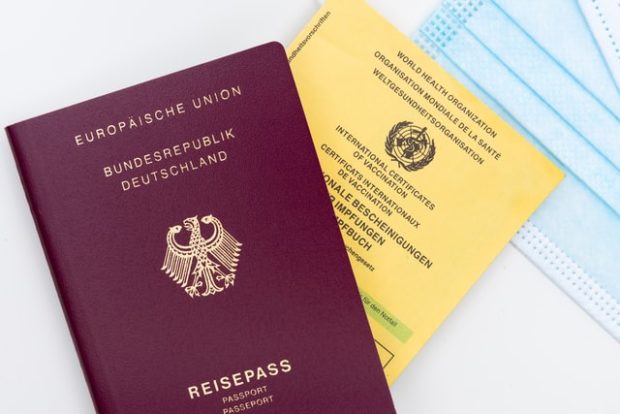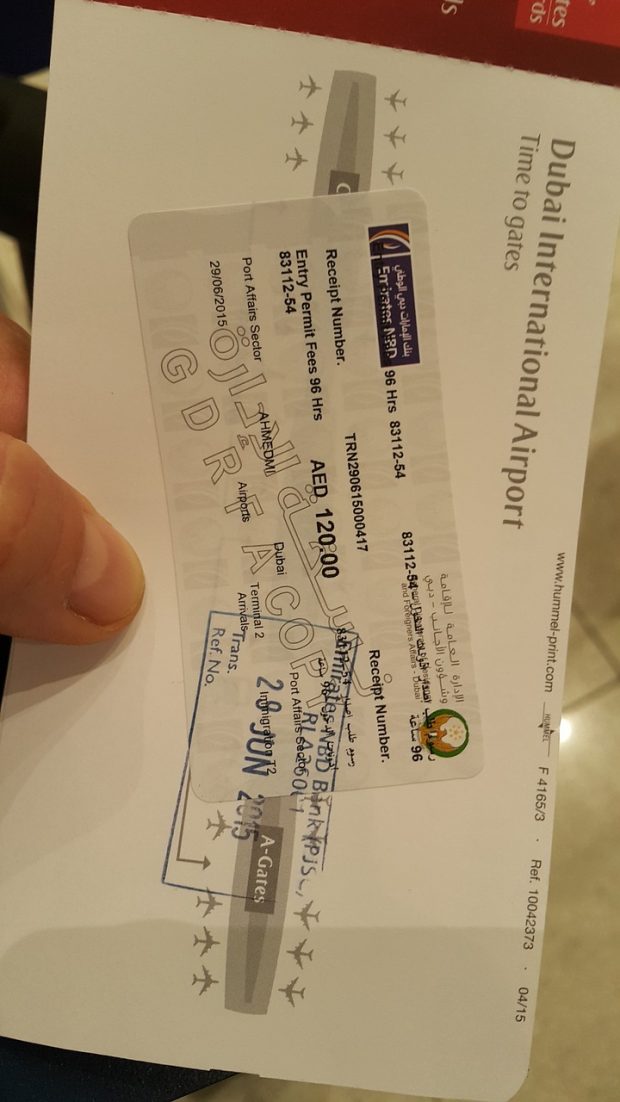Traveling can be an exhilarating and enriching experience, but it also involves meticulous planning and preparation. While most travelers are familiar with the essential logistics like booking flights and accommodations, there are often lesser-known aspects that can make or break your trip. This article will delve into five lesser-known travel logistics that are often overlooked but are crucial for a smooth and enjoyable journey.
1. Travel Insurance
Travel insurance is an often underestimated aspect of travel. While it’s not a legal requirement, it can be a lifesaver in unforeseen situations. Travel insurance typically covers a range of unexpected events, such as trip cancellations, medical emergencies, lost luggage, and travel delays. The cost of insurance is a small price to pay for the peace of mind it provides, especially when traveling to destinations with uncertain healthcare systems or high travel risks. It’s essential to choose a policy that suits your needs and destination, ensuring you have adequate coverage. Travel insurance can provide assistance services, such as emergency medical evacuation, which can be invaluable in the event of a severe health issue in a foreign country. This is especially important when traveling to remote areas with limited medical facilities.

2. Visa and Entry Requirements
Many travelers are aware of the need for a visa, but the specific requirements can vary widely between countries. Some destinations may require you to obtain a visa well in advance of your trip, while others offer visa-on-arrival or even visa-free entry. It’s crucial to research the visa and entry requirements for your destination and start the application process early. Waiting until the last minute can result in delays or even cancellations of your travel plans. Understanding the visa process can also help you avoid potential issues like overstaying your visa, which can lead to fines, deportation, or future travel restrictions.

3. Local Currency and Banking
It is always a good idea to familiarise yourself with the local currency and banking options at your destination. While credit and debit cards are widely accepted in many places, some remote or less touristy areas might operate mostly on cash. In such cases, it’s essential to have some local currency on hand for essential expenses. Research the local banking system and exchange rates, and inform your bank of your travel plans to prevent any issues with your cards. Additionally, it’s wise to have a small emergency fund in a widely accepted foreign currency like US dollars or euros, just in case. Understanding the local currency and banking practices can also save you money on currency exchange fees and unfavorable exchange rates.
4. Vaccinations and Health Precautions
Depending on your destination, you may need to get specific vaccinations or take other health precautions. Some countries have entry requirements that mandate proof of vaccination against diseases like yellow fever, while others may have health risks that require precautionary measures. It’s crucial to consult with a healthcare professional or travel clinic to determine which vaccinations or health precautions you need before embarking on your journey. Additionally, understanding the local healthcare infrastructure and the availability of medical services at your destination is crucial. In some remote or less developed areas, medical facilities may be limited, and having a comprehensive first-aid kit and knowledge of basic medical procedures can be invaluable.
5. Local Laws and Customs
Understanding and respecting local laws and customs is a vital aspect of responsible travel. When you visit a new place, it’s important to be aware of the specific rules and expectations that apply to that destination. If you’re visiting Austin, TX, for example, you might find that the city has metered parking with strict time regulations. In this case, securing affordable long term parking in Austin before you arrive could save you time, money, and hassle. Equipping yourself with this type of knowledge ensures that you comply with local laws which enables you to get the most out of your trip.
Conclusion
Thorough planning is essential for a successful and enjoyable trip. While basic logistics like flights and accommodations are usually at the forefront of travel planning, overlooking lesser-known travel logistics can lead to unwelcome surprises and challenges. Remember to secure travel insurance, understand visa and entry requirements, familiarise yourself with local currency and banking, take health precautions, and be aware of local laws and customs. These considerations will help you navigate the less-traveled aspects of your journey and ensure a smoother and more fulfilling travel experience.
